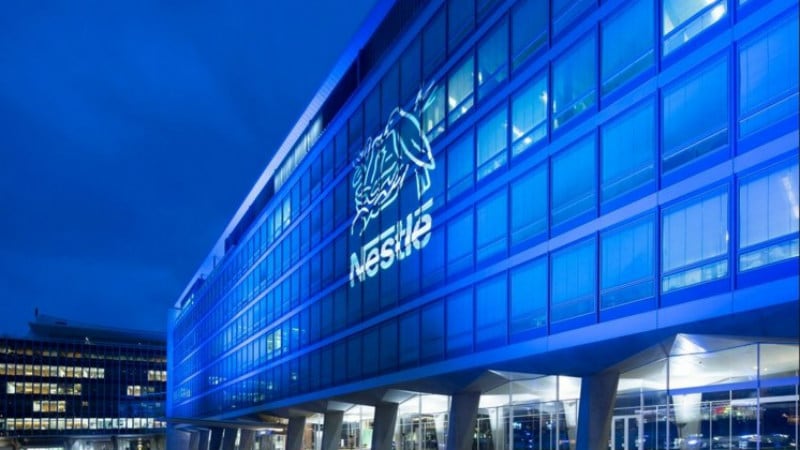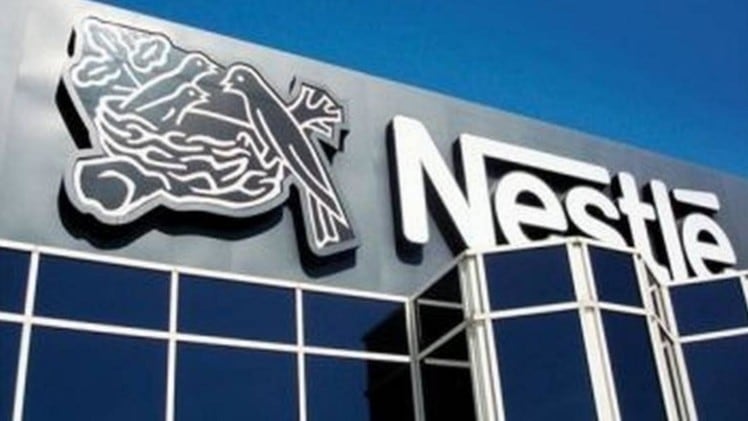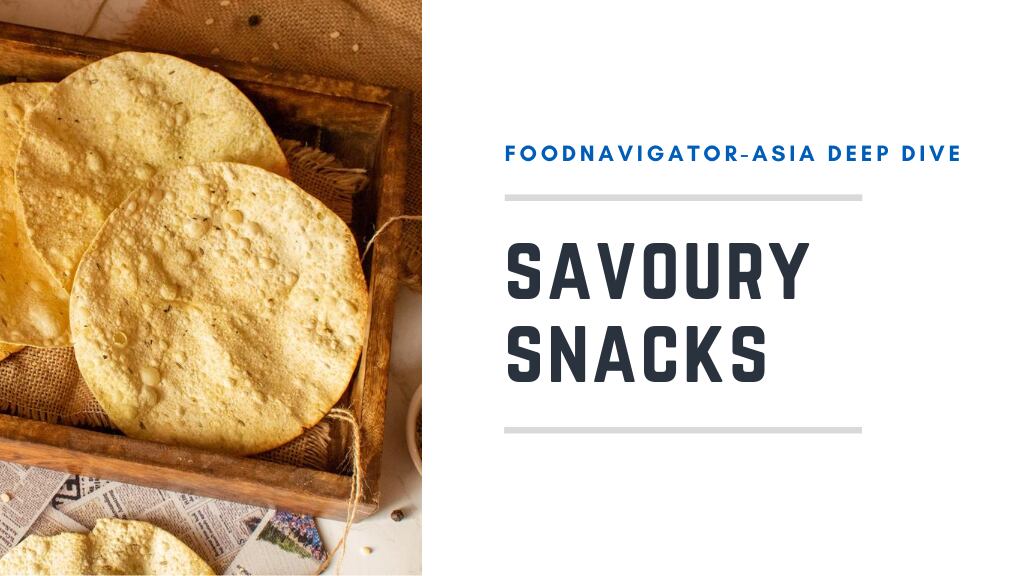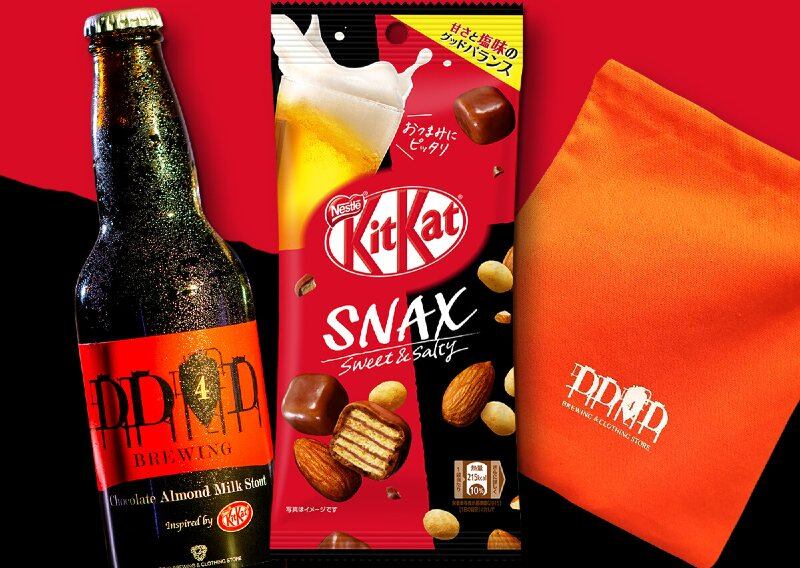Plastic waste has been a major challenge for Nestle, particularly in the South East Asian region, but the firm’s chief executive in Malaysia has highlighted that local sustainability projects will be more centred on recycling and reforestation for now, as it is not yet possible to remove plastic as a key food packaging material locally.
“We do hate plastic waste here at Nestle Malaysia, but plastic really does still play an important role in the food chain and is still needed as a food packaging material right now,” Nestle Malaysia CEO Juan Aranols said in response to a query from FoodNavigator-Asia at its Project RELeaf reforestation launch event.
“This is especially so in Malaysia’s hot and humid climate, as without plastic [food] would spoil more quickly and [more would] go to waste.
“[But even though we can’t remove plastic use yet], we are working on improving plastic recycling within the country with specific projects such as our new packaging communications, as well as our Milo CAREton project.”
The packaging communications project is a form of on-pack labelling which focuses on recycling education, to teach consumers how to separate their product packaging such as into plastic, paper, glass and metal so as to facilitate recycling.
The labelling will be present on 80% of all of Nestle’s recyclable packaging by the end of this year.
The Milo CAREton project on the other hand is a collaborative effort between Milo and Tetra Pak to collect Milo UHT carton packages and process these into Poly Aluminium (PolyAl) panel boards and roofing tiles, which are used to make roofs for indigenous Malaysian communities.
“The CAREton project [has been running] since 2012 but was recently further expanded via our partnership with local retail chain 99 Speedmart [with whom we] intend to recycle 400,000 used beverage cartons by end 2020,” said Aranols.
“We have successfully collected over 95 million drink packs since 2012 to build over 250 homes from this programme alone. [Consumers only need to] push the straw back into the pack, flip, flap, flat and drop it off at any of our collection points – and with the support of 99 Speedmart, the network of collection points will widen considerably.”
A pilot phase will commence this month (September 2020) with 100 outlets in the Klang Valley region, but 99 Speedmart owns and operates over 1,700 mini-marts all over the country, making for much wider potential reach.
Reforestation
Nestle Malaysia’s Project RELeaf is the firm’s initiative to plant three million trees in Malaysia over the next three years, as part of a global initiative to achieve zero net greenhouse gas emissions by 2050.
The trees, all of which will be indigenous species, will be planted both in Sabah (two million) and West Malaysia (one million), and the overall project cost is estimated at some RM6mn (US$1.5mn) overall.
“We’ve already planted one million trees in Sabah via an earlier iteration of this project dubbed project Rileaf, and for the first phase of this new project we’ll continue to expand there,” said Aranols.
“Phase Two of Project RELeaf will bring us to Peninsular Malaysia around late-2021 to 2022, where we’ll focus on forests around the Central Forest Spine, such as the Ulu Muda forests in Kedah.
“[Reforestation is] vital to us to ensure supply chain sustainability while also protecting the environment, as both elements are interconnected in nature.”
Nestle Malaysia’s recycling and reforestation focus follows on from its global CTO Stefan Palzer previously highlighting that the tropical, humid weather in some Asian countries such as Malaysia makes it a particularly difficult challenge to develop sustainable food packaging alternatives for the region, as opposed to places with cooler climates such as Europe.
As such, concentrating its efforts on recycling and even reforestation could well be the lowest possible hanging fruit for the company’s Malaysian arm - as well as others in the region - whilst it continues research at its Institute of Packaging Sciences to develop alternatives to plastic food packaging that can be used locally.





